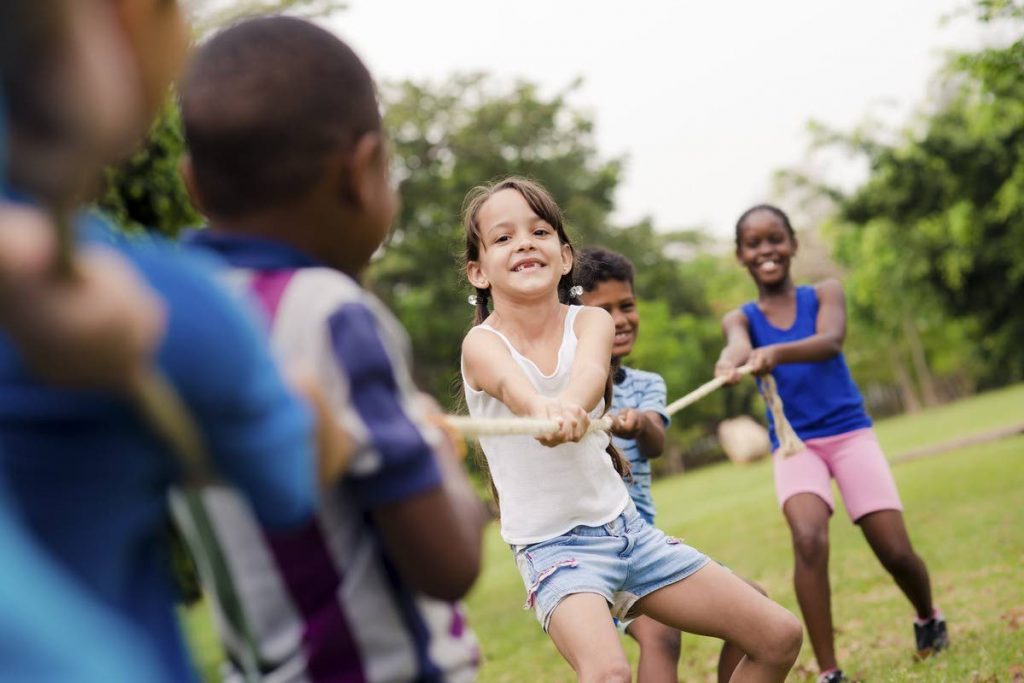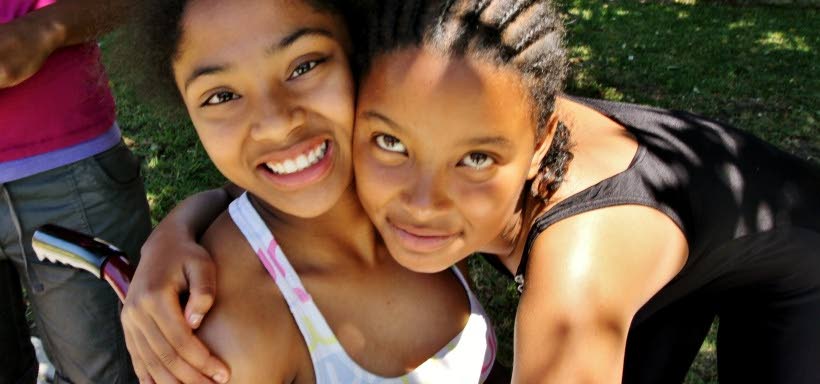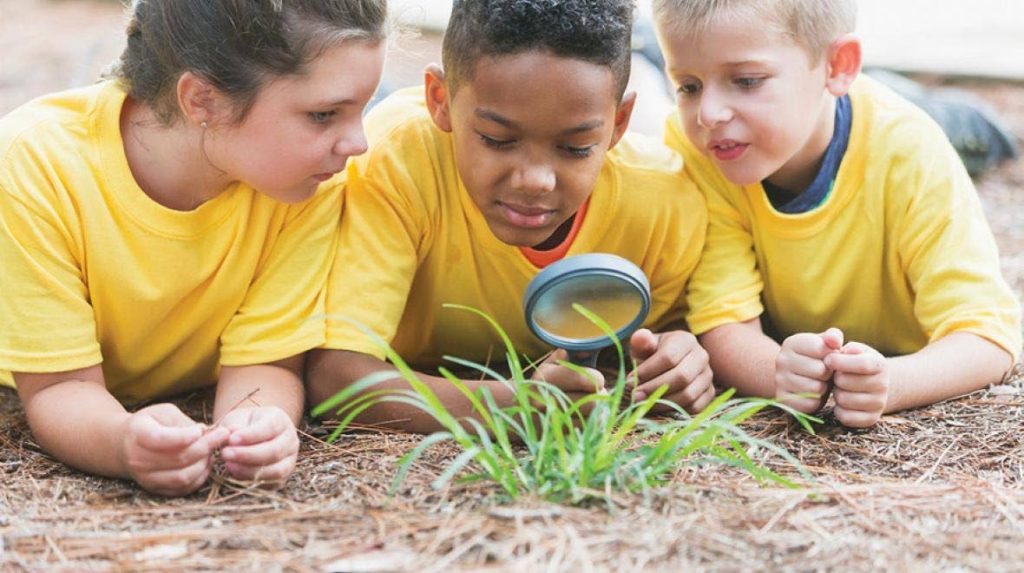Special needs vacation camps

DR RADICA MAHASE
“I know everyone loves vacation time but for us, it is just so tiring! My son is going to a government primary school, his class is very small and he has a teacher and teacher’s aide who really works with him so he loves school. He looks forward to going to school.
"It’s very difficult for him to understand and accept that he doesn’t have school for two months and sometimes he gets very upset on mornings when he realises he can’t go to school. We’re looking for a camp for him, just to keep him busy, so he can make new friends and get a break from us and we can get a break too.” These were the words of Carol, mother of Jayden, an 11-year-old boy with autism.
Vacation camps can be quite beneficial to kids, other than giving them a break from their parents and vice versa. Attending camp give children an opportunity to interact with other children they may not have known or interacted with before, to socialise in a different setting and to participate in activities that are new or different. As many children with autism struggle in social situations, with communications and may have issues adapting to new environments, it is very important that parents choose the correct camp for their children.

Over the past few years there has been a proliferation of vacation camps throughout TT. Very few are specific for those with special needs but the ones that are for children with regular needs, once they have a proper inclusive policy, they can actually be very beneficial to the kids with special needs. Here are five basic things to consider when choosing a camp for a child with autism/other special needs:
Aim of the camp – What do you want your child to get out of this camp? There are many different types of camps; some specialise in academics, sports, etc, but most of the vacation camps offer a combination of activities and include art and crafts and field trips. Exactly what type of camp will your child enjoy?
Activities –Will the activities that are being offered at camp cater to my child’s level of developmental? This is very important because most of the camps advertised cater for specific ages. This might not work in the case of a child with autism whose developmental age is different from his/her chronological age. The idea is to make sure that your child will be able to take part whatever activities are being offered and not feel left out.

Accessibility and security – It is important to ask if the area/space/building are accessible to my child. It is located in a safe environment? If there is a road nearby, will my child run out on the road? Is it an enclosed area so my child cannot wander off?
Sensitivity – It is sensory-friendly enough for my child? If my child has sensitive hearing, will the space be quiet enough for him/her to be comfortable? Will it be too crowded for my child to be comfortable? If my child cannot sit still for long periods, will he/she be able to move around? While children with regular needs might be able to handle crowds and noise, many kids with autism/special needs tend to need quieter, more open spaces so it is important to find a space that is conducive to your child’s needs.
Camp staff – Are the persons working with the children actually trained to deal with individuals with special needs? Do they have any experience with children with special needs? Will they understand my child’s special needs? Too many camps are willing to take those with special needs but cannot really understand or provide for them.
When you find a suitable camp it is important to prepare your child mentally for the camp by explaining what the camp is about, verbally or with picture cards or even a visit to the space before the actual start of camp so that the child knows where he/she is going. Also, it is important that you are open and honest about your child’s special needs so that the individuals working with your child will be able to accommodate him/her.
Your want your child to be comfortable and happy and to have a good experience at camp. This is possible when you choose wisely; when you prepare your child properly and you monitor your child’s time at the camp.
Dr Radica Mahase is founder/director, Support Autism T&T

Comments
"Special needs vacation camps"